Flexible work arrangements a priority to jobseekers in Singapore

Employees are also looking for jobs that align with their aspirations and lifestyle to create a more meaningful work purpose.
Employers should have option of retaining retirees in the Philippines

The hiring and retaining of workers past retirement age should not be mandated and instead be left to the discretion of employers.
Malaysia to introduce shorter working hours
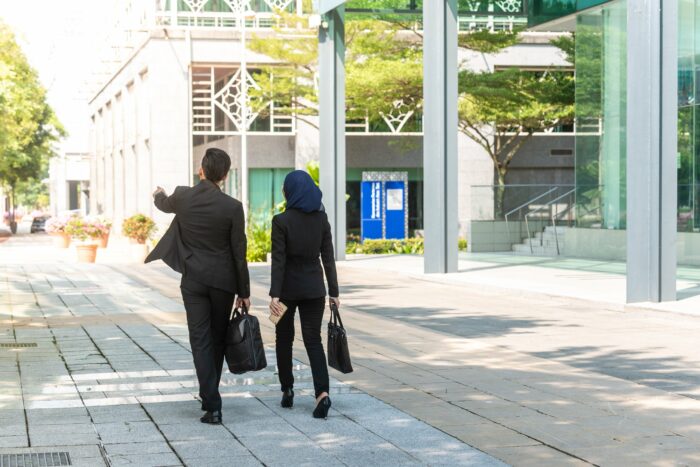
Working hours in the country will be reduced to 45 hours from the current 48, according to amendments to the Employment Act.
Malaysian companies explore alternative employee benefits

To retain talent and boost productivity, companies are offering employee stock option plans (ESOPs) to their employees.
Indonesia provides support for creation of startups

A new programme aims to ensure startups have strong financial fundamentals, legal aspects, and intellectual property.
Going Green can help generate more jobs in ASEAN

A green recovery from the pandemic could create US$172 billion in investment opportunities annually and generate more than 30 million jobs by 2030.
What is the talent imperative for organisations today?

A new report by i4cp and Fortune Media highlights how high-performing organisations are attracting, developing, and retaining talent.
ASEAN urged to accelerate digital transformation

With digitalisation key to economic recovery, the region will need to upskill its workforce quickly to tackle barriers to digital adoption, said the WEF.
Flexible working shaping the future of work in ASEAN
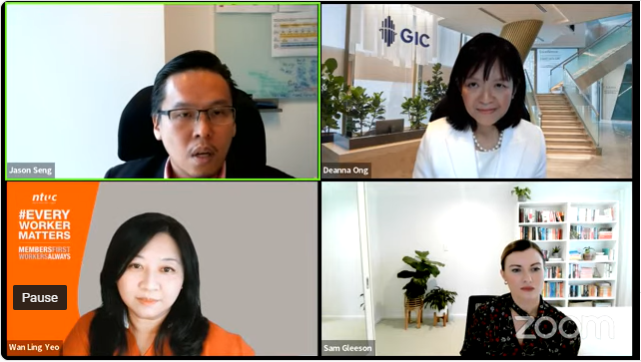
The ASEAN Future of Work conference examined the major shifts affecting the future of work in South-East Asia, including flexible work.
HR Tech Festival Asia 2022: What’s happening on Day 3
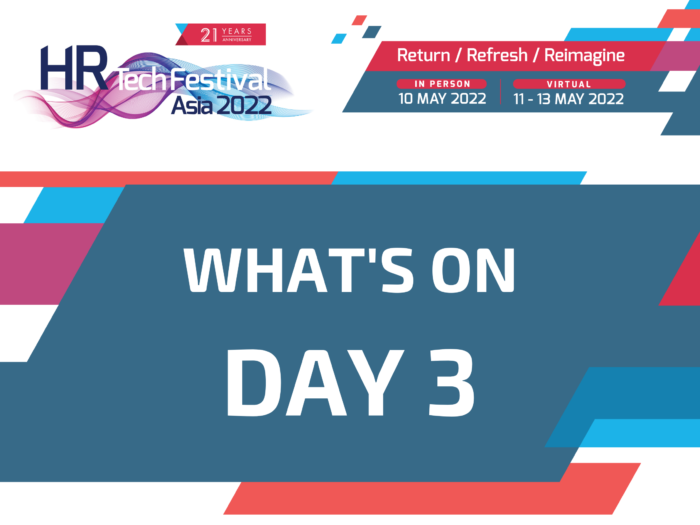
The ASEAN Future of Work conference headlines Day 3 of HR Tech Festival Asia 2022 as attention turns to shaping the future of work in ASEAN.
Navigating labour market recovery by putting people first

Leaders in ASEAN are coming together to devise strategies that will allow organisations and people in the region to recover from the pandemic.
Women and youth found to bear brunt of job losses amid pandemic

These workers were more likely to lose their jobs because they dominated sectors that were hard-hit, like hotels and restaurants, wholesale, and retail.
The HR development ecosystem in Southeast Asia
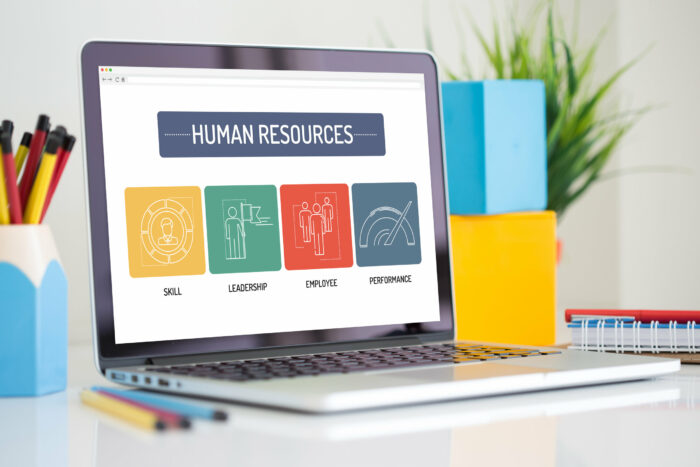
Dr Oliver Crocco, who will be speaking at CHRO Singapore, highlights why HR development in ASEAN should be seen as part of an ecosystem.
Shaping the future of work in ASEAN
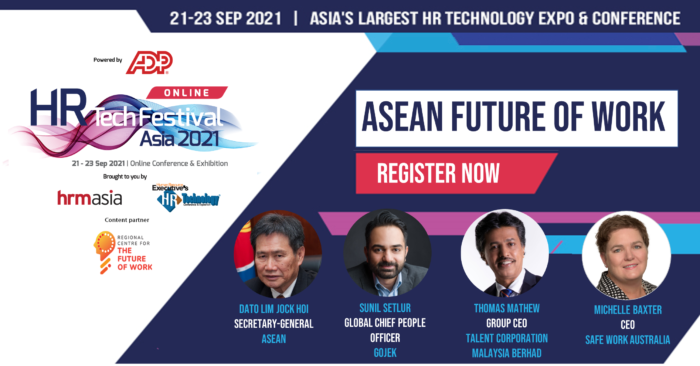
As part of HR Tech Festival Asia Online 2021, the ASEAN Future of Work conference track will examine how to create a more inclusive workforce in the region.
Workforce readiness: A mystery to most, essential to all

Kevin Martin, Chief Research Officer at i4cp, highlights what organisations need to do to ensure they have the skills and capabilities to move forward.
Deaths due to long work hours prevalent in South-East Asia: WHO

The study, produced jointly by WHO and the International Labour Organisation, showed that most victims (72%) were men, middle-aged or older.
Developing East Asian countries underperform in adopting innovation

The World Bank said all 10 developing East Asian economies, except China, have innovated less than expected in relation to their per capita incomes.
Skills development key for SEA workers to move into new jobs

There are large potential returns to be reaped by businesses, stemming from productivity increases from fourth industrial revolution tech, says ADB.
CHRO Online Malaysia examines leadership priorities in 2021
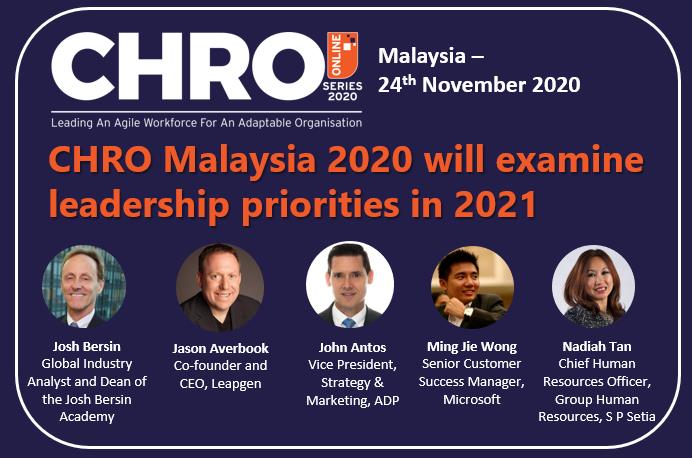
Thought leaders like Jason Averbook and Josh Bersin will join speakers from ADP and Microsoft in discussing some of the key challenges facing leaders .
Special Task Force committee set up to help Malaysian workers in Singapore
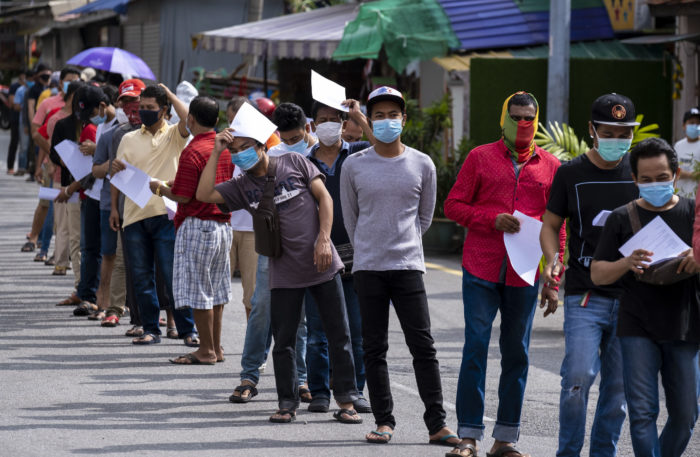
The economic impact of the COVID-19 pandemic has affected the jobs of many Malaysians working in Singapore.
Singapore residents least confident about job security in Southeast Asia

Residents in Singapore are also the least optimistic when it comes to economic recovery in the next six months.
9 in 10 employees in Singapore see urgent need to reskill
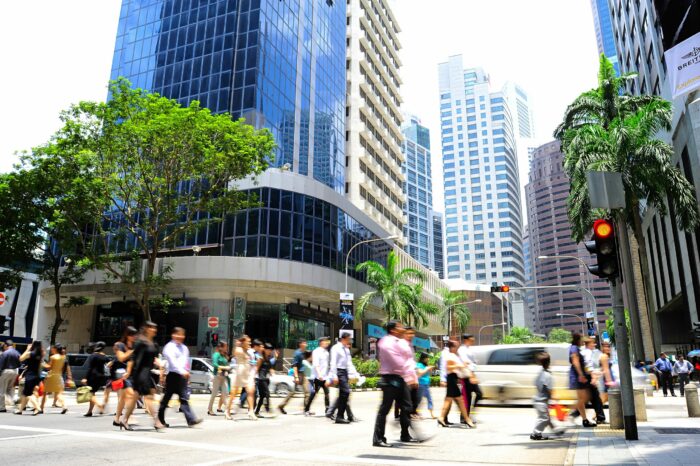
A survey by UOB also showed that older workers in Singapore are more worried about losing their jobs and becoming redundant in the job market.
Malaysia employees who work from home must be paid in full

Employees who are required to work from home during the conditional movement control order (CMCO) must be paid their full salaries.
Employers may cut wages to save jobs, says National Wages Council
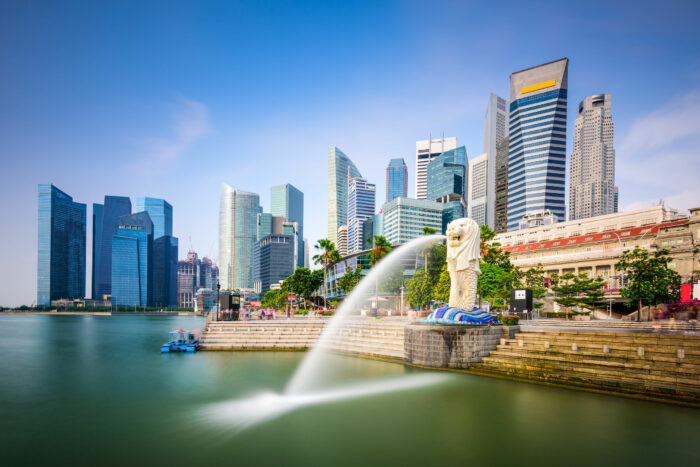
Companies in Singapore have been given the green light to temporarily cut wages to avoid and minimize retrenchments.
Malaysia firms in “red zones” urged to work from home

In a bid to curb a further outbreak of COVID-19, companies in the “red zones” are urged to allow employees to work from home.
Singapore to implement “Right to Disconnect” law?
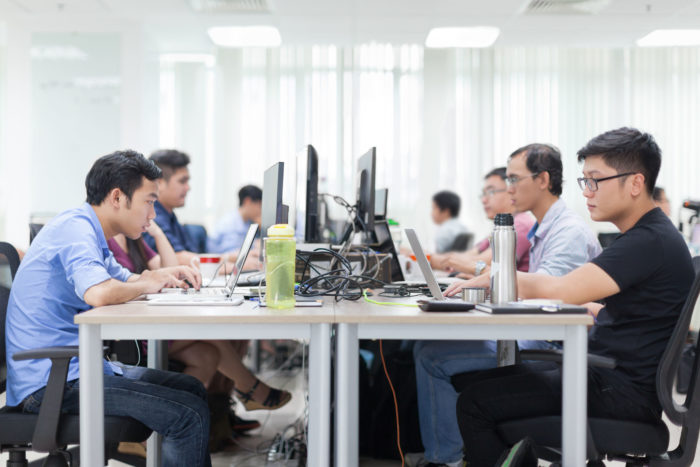
Besides reducing the risk of burnout, a “Right to Disconnect” law can also help to improve productivity, argued a Labour Minister in Singapore
Less than a third of job vacancies placed in Singapore

Singapore Deputy Prime Minister Heng Swee Keat believes the system needs to be improved to better match job candidates to job vacancies.
2 million Indonesian workers to protest against Job Creation Law
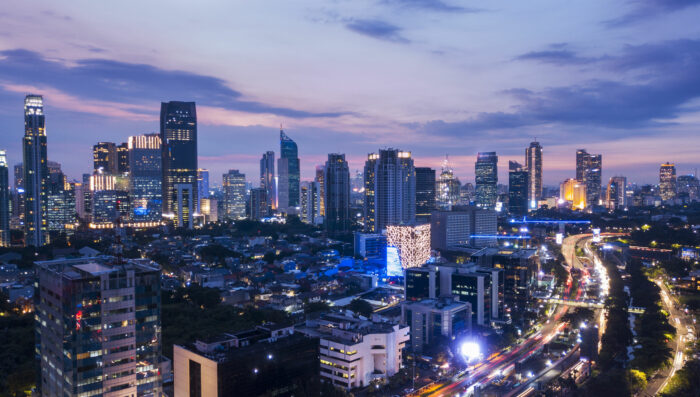
The Law was passed amidst fierce opposition over its feared impact on the environment and labor rights in Indonesia.
Thank you for making HR Tech Festival Asia Online 2020 a success

The largest virtual gathering of HR professionals in the region saw over 5,000 attendees gleaned exclusive insights from 70 speakers.
HR Tech Festival Asia Online 2020: Agility and skills key to ASEAN recovery
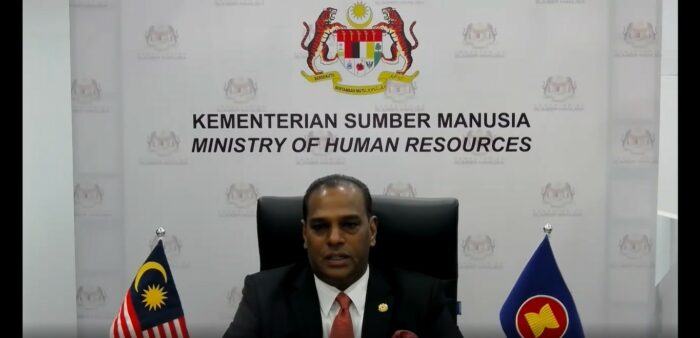
On Day 3 of the ASEAN Future of Work Track, government and industry leaders shared why agility and skills will be key for the region in its recovery.

